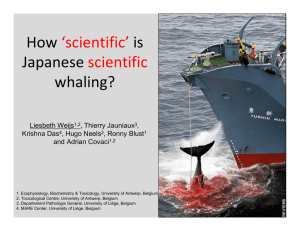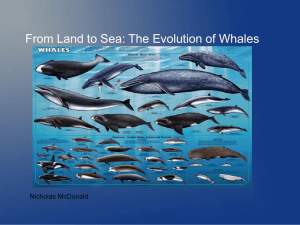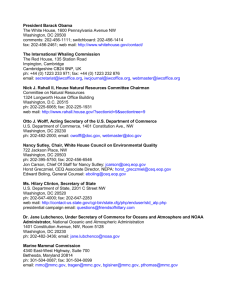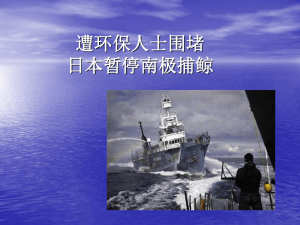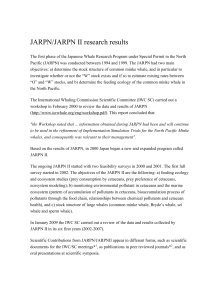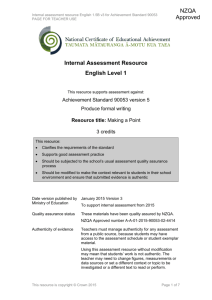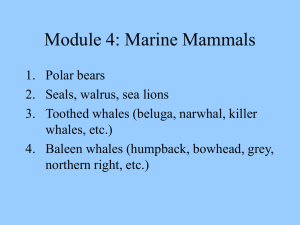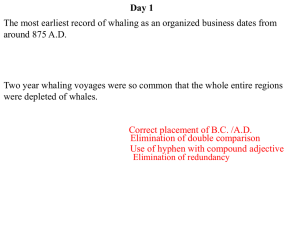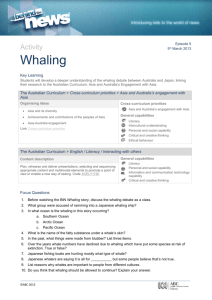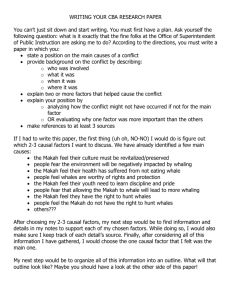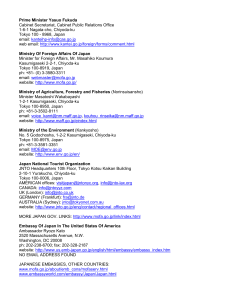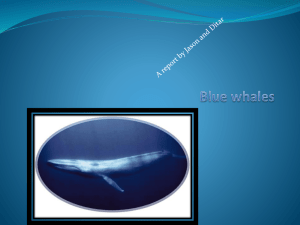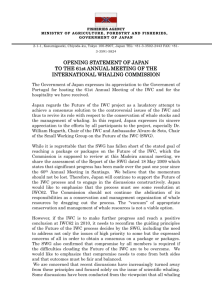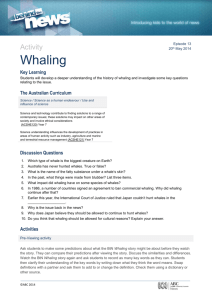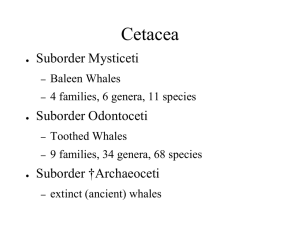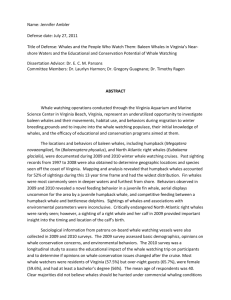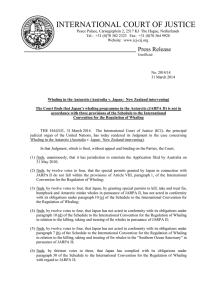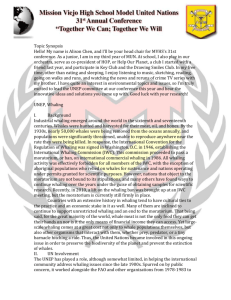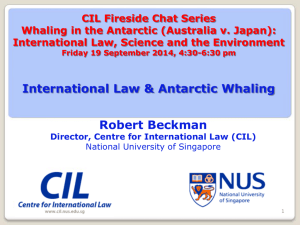Article from class
advertisement
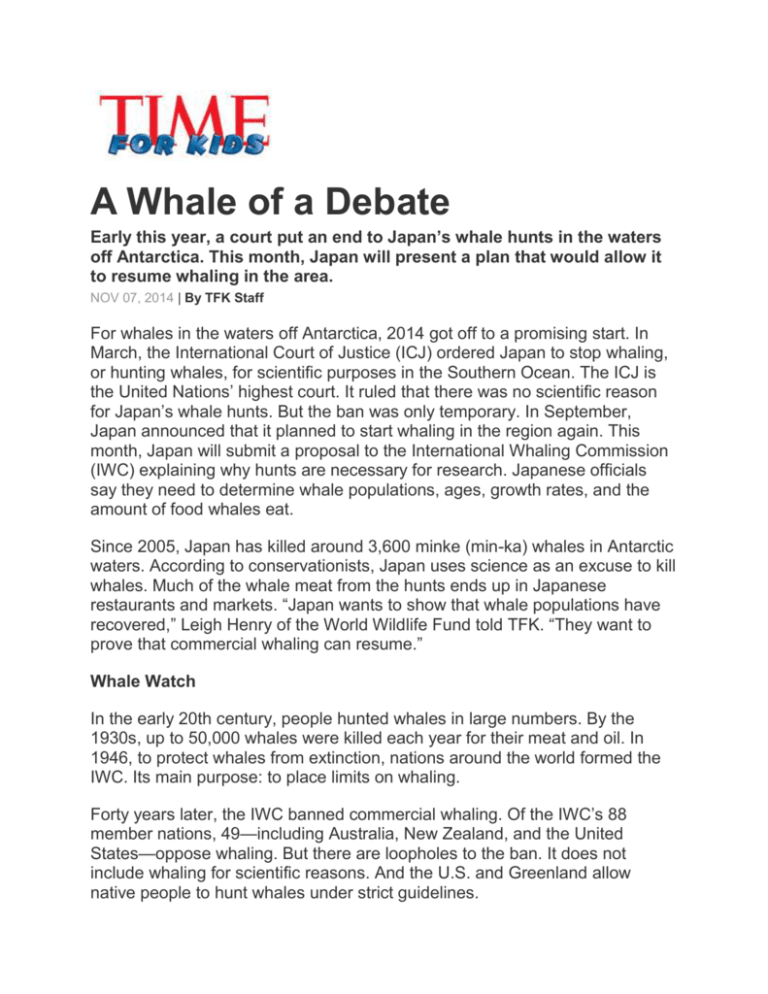
A Whale of a Debate Early this year, a court put an end to Japan’s whale hunts in the waters off Antarctica. This month, Japan will present a plan that would allow it to resume whaling in the area. NOV 07, 2014 | By TFK Staff For whales in the waters off Antarctica, 2014 got off to a promising start. In March, the International Court of Justice (ICJ) ordered Japan to stop whaling, or hunting whales, for scientific purposes in the Southern Ocean. The ICJ is the United Nations’ highest court. It ruled that there was no scientific reason for Japan’s whale hunts. But the ban was only temporary. In September, Japan announced that it planned to start whaling in the region again. This month, Japan will submit a proposal to the International Whaling Commission (IWC) explaining why hunts are necessary for research. Japanese officials say they need to determine whale populations, ages, growth rates, and the amount of food whales eat. Since 2005, Japan has killed around 3,600 minke (min-ka) whales in Antarctic waters. According to conservationists, Japan uses science as an excuse to kill whales. Much of the whale meat from the hunts ends up in Japanese restaurants and markets. “Japan wants to show that whale populations have recovered,” Leigh Henry of the World Wildlife Fund told TFK. “They want to prove that commercial whaling can resume.” Whale Watch In the early 20th century, people hunted whales in large numbers. By the 1930s, up to 50,000 whales were killed each year for their meat and oil. In 1946, to protect whales from extinction, nations around the world formed the IWC. Its main purpose: to place limits on whaling. Forty years later, the IWC banned commercial whaling. Of the IWC’s 88 member nations, 49—including Australia, New Zealand, and the United States—oppose whaling. But there are loopholes to the ban. It does not include whaling for scientific reasons. And the U.S. and Greenland allow native people to hunt whales under strict guidelines. Two nations—Iceland and Norway—have ignored the 1986 ban and continue to hunt whales. But unlike Japan, Iceland and Norway do not hunt in international waters or whale sanctuaries. In 1994, the IWC created a whale sanctuary that covers the waters of the Southern Ocean near Antarctica. Law and Order For many Japanese, whaling is a way of life. The Japan Whaling Association says it is wrong for other nations to ask Japan to abandon one of its traditions. The association compares Japanese being asked to stop eating whale meat with “Americans being asked to stop eating hamburgers.” Under the proposed plan, Japan says it will no longer hunt fin and humpback whales. It promises to capture fewer minke whales. But at an IWC meeting in September, Japanese representative Hideki Moronuki said that the new research program “will not be so different from our past research activities.” Japan does not need permission from the ICJ or the IWC to hunt whales in the Southern Ocean. But Henry says there is a good reason for Japan not to ignore guidelines. “Japan is a nation very much about law and order,” she says. “Hopefully, it will feel pressure to do the right thing and follow the rules.”
